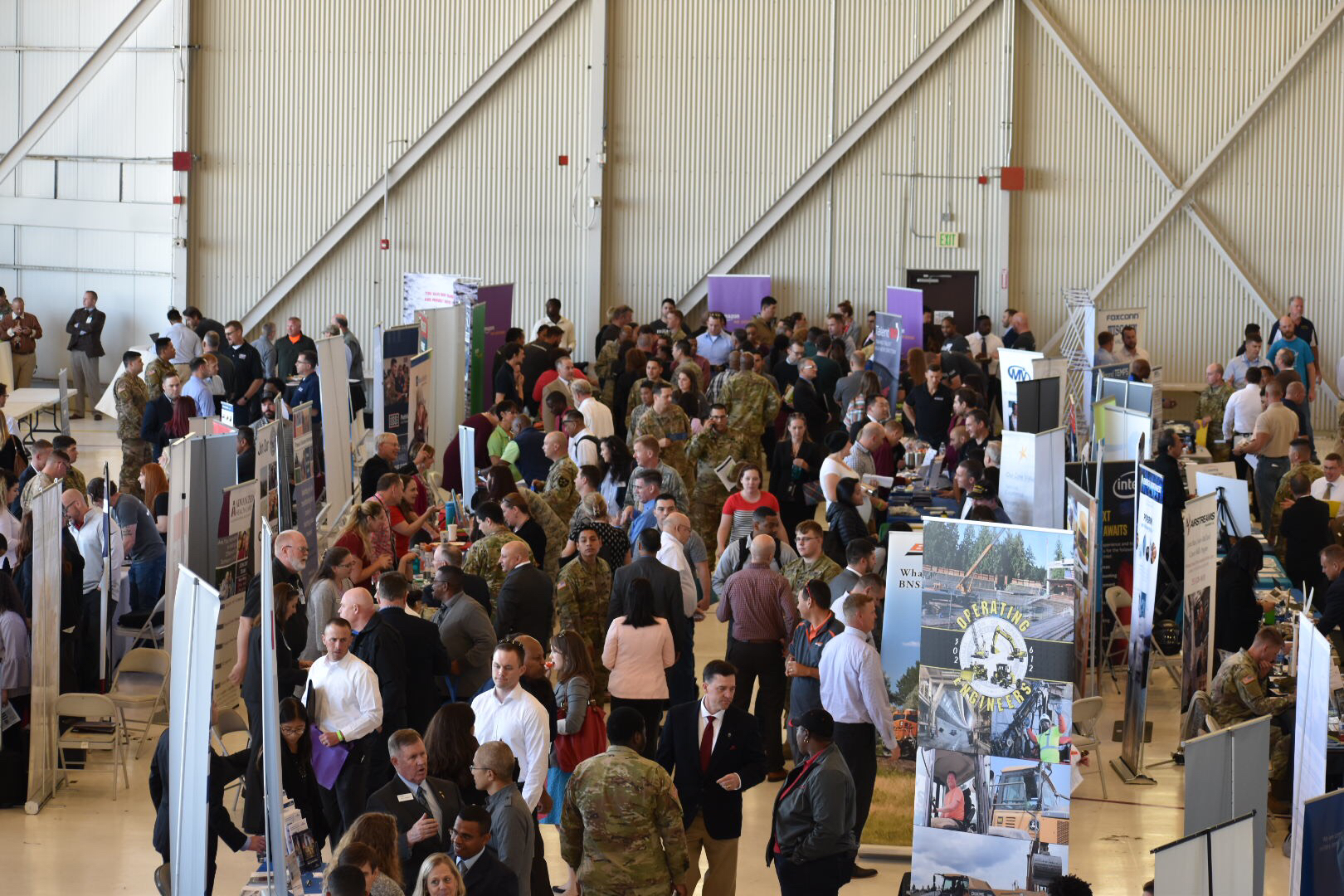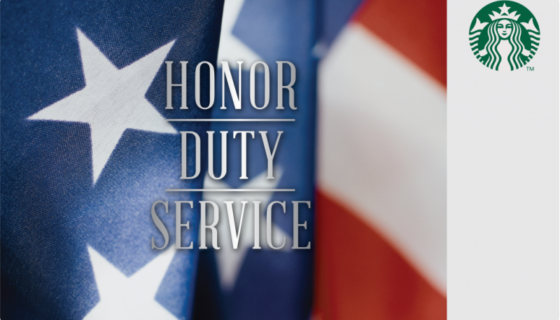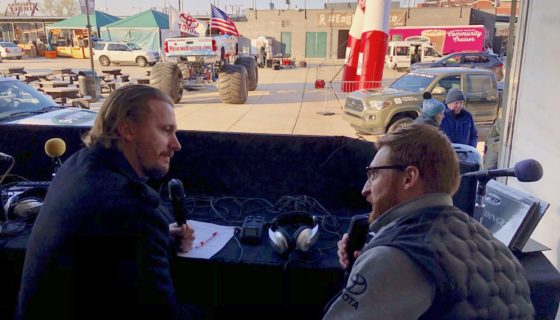Career Summit: A Military Family Hiring Event


Service members and military families selflessly serve our country, often uprooting from one location to the next while facing unknowns with each move making it challenging to build personal and professional networks.
For the past five years, our Transition Summits have served as an opportunity for those departing the military to gain insight into the civilian sector, network with employers, and get #LeftOfTransition. We’ve learned that career preparation is a family conversation and is most successful when planning begins well before the military exit date.
In an effort to better serve the entire military community, we are re-branding Transition Summits to Career Summits. This isn’t merely a name change, it is a change in perspective. Career planning is a process, not an event, and requires dedicated time and effort to achieve the desired results. Both service members and spouses need access to as many resources as possible regardless of their time in service or affiliation with the military.
“Over the past eight years, Hiring Our Heroes learned a lot about how to help bridge the gap between military service and civilian careers. We focused on creating and delivering events targeting service members in transition to accommodate the increased number of those departing the military during force reductions. Through collaborative efforts, veteran unemployment dropped from 8.3% in 2011 to nearly 3.7% in 2017,” said Marnie Holder, director of Career Summits at Hiring Our Heroes.
Related: “Your network should be something you’re always investing in no matter where you are or what you’re doing.” –Marnie Holder, Director of Career Summits & Virtual Events on Episode 122 of the Sitrep podcast
As the program progressed, it was clear there needed to be a way for the event to be more inclusive of the whole family, especially since spousal unemployment and underemployment negatively impacting the retention and readiness of our military.
Our events, no matter the title, have always been open to the entire military community. However, the “Transition Summits” title itself deterred many spouses from attending, despite military spouse employment being four times below the national average and 70% of spouses holding positions where their education, experience, and knowledge is not fully applied.
 “We discovered the impact of military spouse under and unemployment on retention and readiness of the force. It became evident that in order to sustain an all-volunteer force, we needed to facilitate a seamless shift from military service to meaningful careers in order to recruit the next generation all-volunteer force and ensure military spouses had career opportunities throughout and after their military member’s service to the nation,” said Elizabeth O’Brien, senior director of the Military Spouse Program at Hiring Our Heroes.
“We discovered the impact of military spouse under and unemployment on retention and readiness of the force. It became evident that in order to sustain an all-volunteer force, we needed to facilitate a seamless shift from military service to meaningful careers in order to recruit the next generation all-volunteer force and ensure military spouses had career opportunities throughout and after their military member’s service to the nation,” said Elizabeth O’Brien, senior director of the Military Spouse Program at Hiring Our Heroes.
For the hundreds of employers who come to our hiring events on military installations, the majority are equally committed to veteran and military spouse employment. The transition to “Career Summits” helps provide employers with access to the entire military community.
Related: 3 Reasons Employers Love Hiring Our Heroes Career Summits
“All these factors combined led us to change the title from ‘Transition Summit’ to ‘Career Summit’ events designed for both service members and military spouses regardless of their status in or affiliation with the military. Our goal at a Career Summit is to educate, inform, inspire and connect. If we can successfully demonstrate being a part of the military family leads to being an important contribution to our nation’s economy, we’ve achieved our mission,” said Holder.
The newly-branded Career Summits will take place at 26 military bases in 2019 which includes six new locations this year; Shaw Air Force Base, Fort Buchanan, Joint Base Anacostia-Bolling, Fort Riley, 29 Palms, and atop the USS Midway.
Ultimately, the entire family serves. Ensuring that everyone feels welcome at our hiring events is crucial to providing military families with the resources and tools they need for financial security and meaningful employment.



